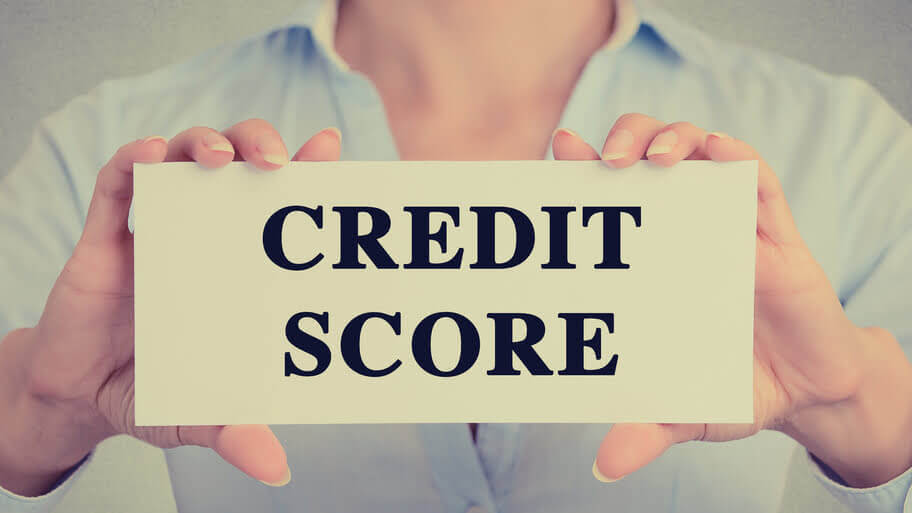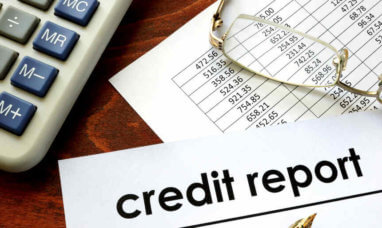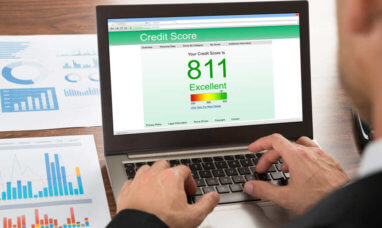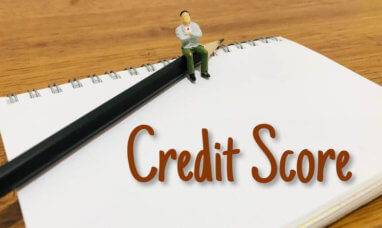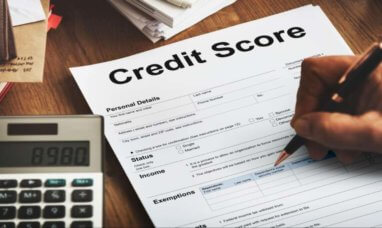Your credit score determines the availability of loans and credit card options. It represents whether you are reliable at making payments or a risk for defaulting on them. It can play a vital role in life as you plan to acquire a house or vehicle, or incur other large expenditures. So it may not be rare for someone to fall victim to free credit score scams.
Checking your credit regularly can help you see where you stand and improve your score. You will also understand what banks will see when they perform a check on your credit.
Note that a credit report is a history of how you’ve handled debt in the past, and the score is a simplification of that information into a number that falls on a scale for a quick review.
Many places offer the opportunity to receive a free credit score, but you have to be careful because many of those offers are actually credit score scams designed to get at your money!
Common Scam Techniques
These companies are far more subtle than simply stealing your money. They would offer you a “free credit score,” and as part of the process of acquiring it, they would take your debit or credit card. In the fine print, they will explain that in return for the free credit report, you would be signed up for a trial offer for a credit monitoring service.
However, when that trial ends, they automatically renew the service at whatever price the service costs. So suddenly, your free credit report has jumped up to $20+ in the form of a service you never wanted.
And as a hook to keep you from wriggling free, there’s typically a clause that states that if you cancel that monitoring service, you will not receive a prorated refund back. In other words, they’re keeping your money.
If you do not notice that you have been charged for this service, it will continue to auto bill every month until you put an end to it, but by then, your free report has become quite expensive.
One major player in this game was freecreditreport.com, which created a series of popular commercials featuring a free credit report dot com band to advertise their “free” credit report. The commercials were a huge success, and so many consumers became ensnared that they may have been part of why the Federal Trade Commission implemented new guidelines.
These new restrictions stated that any company that was not providing a no-strings-attached free credit score, had to state upfront that only annualcreditreport.com provided a free report. Annualcreditreport.com is the official site powered by the three major credit bureaus: Experian, Equifax, and TransUnion.
The scammers found a loophole by providing you credit services for a single dollar, which they would then donate to charity. It gave you a seemingly legitimate reason to provide your card information, but then you would find yourself trapped in the same situation with a credit monitoring service and a bill that you did not want.
Warning Signs
One of the most significant red flags for a “free” credit report is if it wants a credit or debit card number attached to the deal. There are genuine places where you can get a free credit report, and there’s no reason for them to need a billing resource.
One clever trick some of these companies perform is sending a follow-up email that alerts you that your credit score has changed and gives you a link where you can go to investigate. Signing in to this site requires you to input your personal information, which they then use for fraudulent purposes.
Here are some warning signs to watch for:
-
-
- Check the domain name to make sure emails are from a reputable company. Government agencies usually communicate through mail, not email, so keep that in mind.
- Avoid links or attachments
- Again, don’t provide sensitive information or credit card information
- If the site you go to for your free credit score is unsecured, avoid it
-
Reputable Sources
True “No Cost” Websites
There are places that you can go to get legitimate free scores with no strings attached; they make their money through advertising or other means that don’t involve your wallet. Here are some that are reliable sources if you need a quick credit score check:
-
-
-
- Credit Karma
- Credit Sesame
- LendingTree
- WalletHub
- Credit.com
- Bankrate
-
-
There are others as well, but these are some common choices. You need to understand that these companies provide a different type of record called a VantageScore rather than the FICO score that banks and other lenders consult.
This information, created in conjunction with the major credit bureaus, is similar but uses a different calculation method. It’s still a good source for gaining a general idea of where you stand, but it is not the same information that lenders will view when considering your credit score.
Online tools can help you make better use of this data by providing a VantageScore to FICO score conversion!
Credit Bureaus
Ultimately, the safest bet for a free FICO credit score is always through the three credit bureaus at annualcreditreport.com. You are allowed one free check every year from each one of the agencies. If you stagger those, you will always have a free credit check available every three months.
They also allow you to do a free credit check in the following circumstances:
-
-
-
- You had a loan or credit card denied because of your credit report
- You were the victim of fraud or identity theft
- You are on welfare or other government aid
- You are unemployed but planning to get a job within two months
-
-
FAQs
How Accurate Is Wells Fargo FICO score?
As this data is based on FICO and not VantageScore, it’s a pretty accurate assessment of where you stand in the eyes of lenders.
Is creditchecktotal.com legitimate?
The service seems to be legitimate and offers reports from all three credit unions. However, it has one of those 1$ fees, and you’re going to be on the hook for $29.99 if you don’t cancel your membership before it kicks in.
If you are planning to file a dispute, it is better to use the official records from the credit bureaus themselves.
Featured Image: Megapixl
